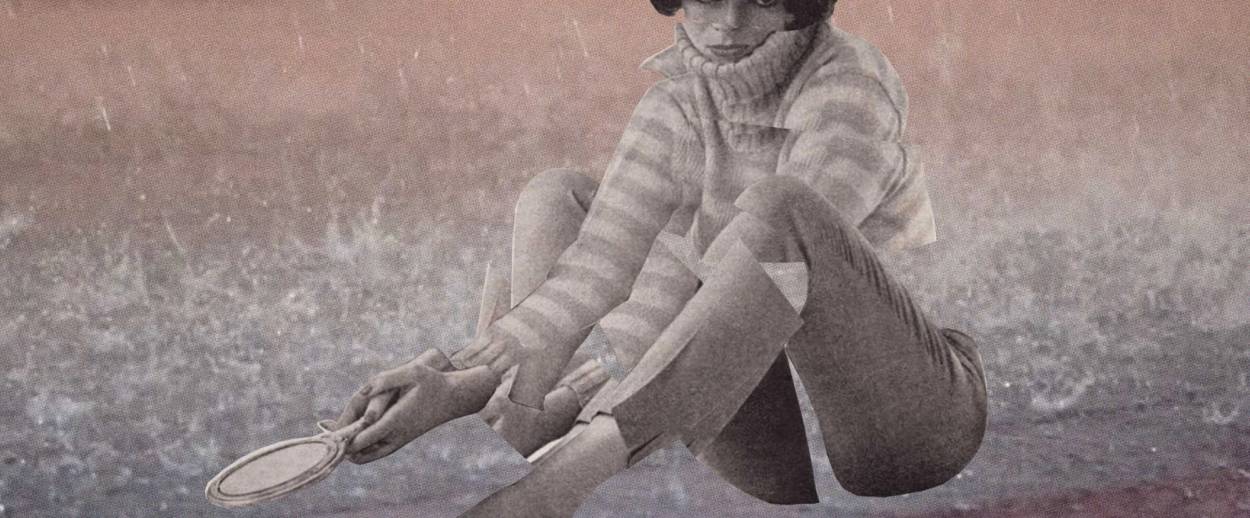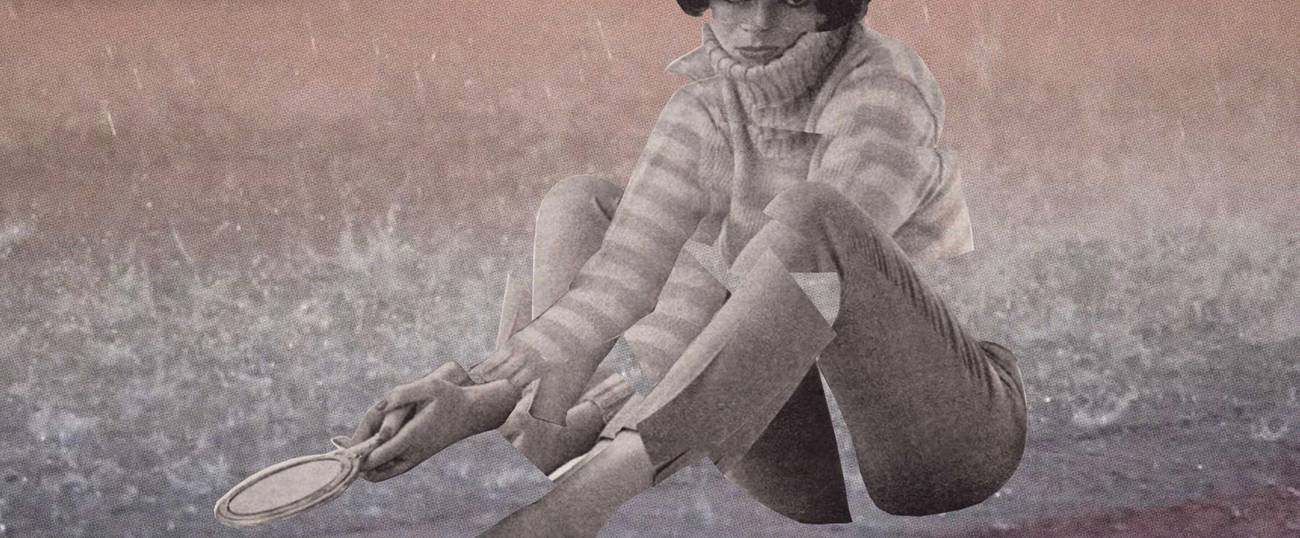Thanksgiving in Mongolia Revisited
A miscarriage—and other fateful devastations—in Ariel Levy’s ‘hard-hitting’ new memoir, ‘The Rules Do Not Apply’




“Why do bad things happen to good people?” is the oldest of questions, but it rests on a false premise; bad things happen to everyone, eventually. Divorce, addiction, illness, death: We read memoirs about these traumas in part because we know that one day we will have to deal with them, or something like them. That is why the skill of the good memoirist lies in raising his or her experience from the level of mere news—things that happened to happen—to the level of something like wisdom, or art—things that matter because they hold a universal truth. When memoirs feel unpleasant or exploitative to read, it’s because they fail to implicate the reader enough.
The higher truth that Ariel Levy finds in The Rules Do Not Apply, her brief and hard-hitting memoir, has to do with invulnerability. The title phrase captures the arrogance of youth in general, which always believes that it is an exception to the eternal rules of loss and failure. “Nothing really bad could happen to me in my movie because I was the protagonist,” Levy writes, remembering the time when her father was diagnosed with prostate cancer, but then learned the prognosis was not fatal. Or there was the time she accidentally opened the wrong window in a friend’s apartment and dropped an air conditioner five floors to the ground: “‘Somebody could have been killed!’ is what people said when I told the story, but not really; the window was above an airshaft.”
Everything kept being fine, until it didn’t. At the center of the book is an episode that Levy, a staff writer for The New Yorker, wrote about four years ago in a powerful piece, “Thanksgiving in Mongolia.” In 2012, Levy was pregnant when she decided to visit Ulaanbaatar for a reporting trip. To many people this seemed like a bad idea—she was 38 years old, an advanced age for pregnancy, and was undertaking a long flight to a Third World country. But fear and risk were concepts she disdained: “So much of the panic around pregnancy seemed like fussy yuppie nonsense. … I would teach my child the power of fearlessness.”
Once in Mongolia, however, the worst happened: Levy suffered a miscarriage, in which her child was born, alive, at 19 weeks, only to die in front of her within minutes. The pages in which Levy describes this event are by far the most memorable in the book, if only because so few of us will ever see what she saw:
My baby was as pretty as a seashell. He was translucent and pink and very, very small, but he was flawless. … I held him up to my face, his head and shoulders filling my hand, his legs dangling almost to my elbow. I tried to think of something maternal I could do to convey to him that I was his mother, and that I had the situation completely under control. I kissed his forehead and his skin that felt like a silky frog’s on my mouth.
The question that haunts Levy, and the book, is whether this tragedy was a punishment for hubris. Every doctor she consults tells her that the trip to Mongolia did not cause the miscarriage, that it could just as well have happened back home, and that there was nothing even the best hospital could have done to save the baby. Still, the event feels too much like nemesis for comfort.
For there is a special kind of delusive invulnerability that Levy finds in her generation, privileged Americans born in the 1970s. “We were raised to think we could do what we wanted—we were free to be you and me!” she writes, invoking the liberal anthem that was the soundtrack to so many prosperous urban childhoods of the 1970s, perhaps especially, Jewish ones. “A black man really could be president. It was sort of okay to be gay—gay married, even. You could be female and have an engrossing career and you didn’t have to be a wife or mother.”
And as Levy explains in the first part of this memoir, she took full advantage of this generational freedom. After growing up in boring Westchester, she moved to New York City right at the peak of its late-1990s Sex and the City glamour, when “there was an unapologetic ethos of consumption.” Levy enjoyed precocious success as a journalist, crowned by an invitation to write for The New Yorker. When she married Lucy, at the age of 29, their vows included the promise “to make life a party,” and Levy’s description of their life together sounds like a kind of commercial for the Bay Area tourist board: “On the weekends, we drove to Bolinas for oysters, or we went swimming at the nude beach in Marin. We went hiking and looked for eagles. … There was so much to celebrate.”
But there is something deep in human nature that fears liberation and success, seeing them as ways of tempting fate. “Daring to think that the rules do not apply is the mark of a visionary. It’s also a symptom of narcissism,” Levy observes, and narcissism is the charge that each generation since the 1960s has leveled at the one coming up behind it. So to say that The Rules Do Not Apply often feels narcissistic—in its catalog of privileges and consumption and career success, its depiction of a life at the top of the steeply sloping American pyramid—is only to say that it reads like a true report on Levy’s cohort.
Perhaps it was the desire to have everything at once, Levy suggests, that created so many problems for her marriage, even before it was shattered by the miscarriage. Trying to excavate the sources of her romantic difficulties, Levy writes about her early sense that there was something illicit and threatening about her mother’s relationship with Marcus, a family friend whose visits always made her giddy. Later, Levy discovered that the two were lovers, and her parents’ marriage ended in divorce. When she herself got married, she found it impossible not to repeat the pattern, falling into an exciting but destructive relationship with an ex-girlfriend (who had since become a trans man). Meanwhile, Lucy became an alcoholic, hiding beer bottles under the sink, lying about missing work, finally threatening suicide.
By the end of The Rules Do Not Apply, then, Levy has lost more than a child and a marriage. She has lost her sense of security, her confidence—her youth. She recalls the time she interviewed Maureen Dowd and asked her if she’d ever wanted children. “Everybody doesn’t get everything,” Dowd replied—words Levy was not then ready to hear, but now understands all too well.
***
Read Adam Kirsch’s book reviews for Tablet magazine here.
Adam Kirsch is a poet and literary critic, whose books include The People and the Books: 18 Classics of Jewish Literature.